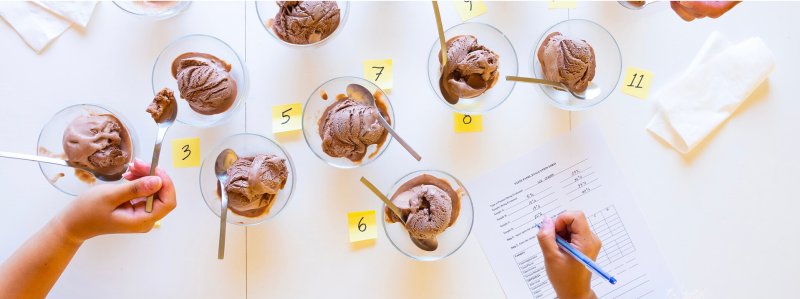Could a suite of microscopic microbial protein factories (yeast, bacteria, fungi, algae) give plants and animals a run for their money?
It’s early days, says the Good Food Institute (GFI), but microbial fermentation is rapidly emerging as the “third pillar in the alternative protein industry [alongside cell-cultured and plant-based],” attracting $435m in investment capital in 2020 alone.
Right now, producing protein – whether from peas and soybeans or cows and chickens – is resource-intensive and time-consuming, requiring large amounts of land, energy and water, says the GFI, which has just released a 72-page report on fermentation in the alternative protein industry, arguing that its “potential is still largely untapped.”
Put another way, it takes years to grow animals, and months or years to grow plants, while microbes can double their biomass in a matter of hours, as Nature’s Fynd CEO Thomas Jonas recently observed: “Microbes are pretty damn efficient. They make great protein and they do it really fast.”
Many microorganisms also [are] innately high [in] protein content (over 50% by dry weight) coupled with “extraordinarily fast and self-sucient growth, requiring only simple and inexpensive nutrient feedstocks,” noted the GFI.































